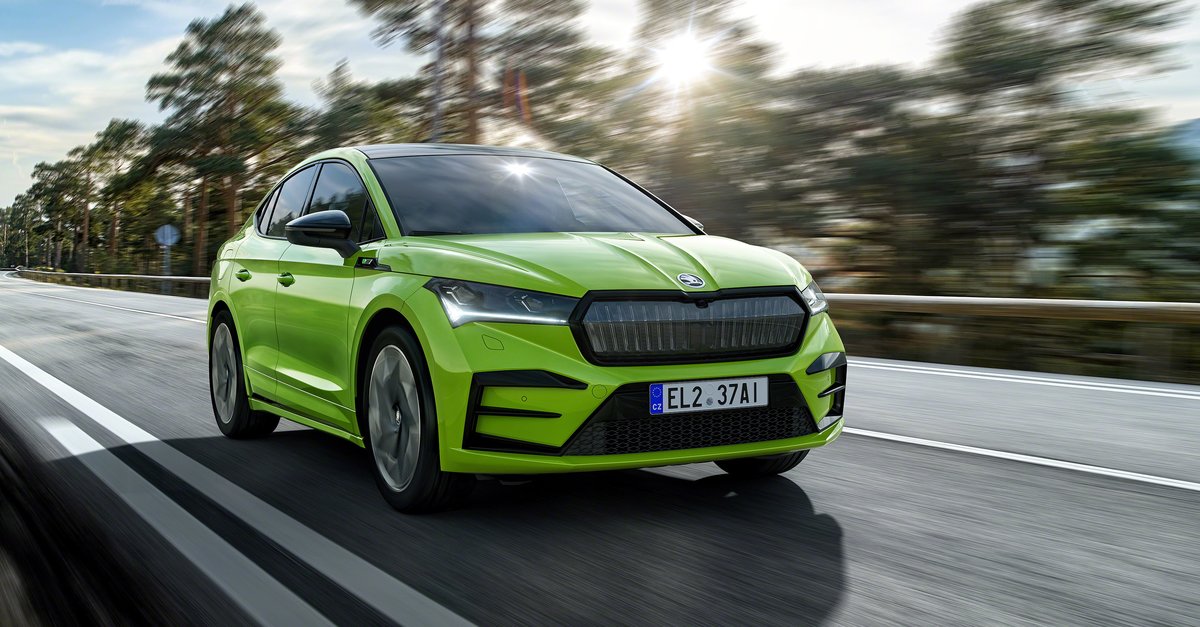E-cars on the test bench: deceptive packaging or really environmentally friendly?
Electric cars are considered to be the better alternative compared to combustion engines. The Fraunhofer Institute has now analyzed exactly how the environmental balance is. Not only was the current electricity mix considered, but a forecast was also made.
The often mentioned lower environmental impact of e-cars is one of the most important reasons for many buyers to switch from a combustion engine. However, it is also clear that our current electricity composition does not consist entirely of renewable energies. Are electric cars perhaps not the right choice after all? The Fraunhofer Institute has dealt with this question.
E-cars: Fraunhofer Institute gives the green light
According to the Fraunhofer Institute for Systems and Innovation Research, e-car buyers do not have to worry about pangs of conscience. Even with our current electricity mix, electric cars are “the most energy-efficient solution” with the lowest greenhouse gas emissions, according to Prof. Dr. Martin Wietschel. According to the institute, a conventional electric car from 2020 halves the emissions compared to a petrol vehicle.
In the future, e-cars are likely to do even better than petrol and diesel cars. Here, however, the self-made must Goals of the energy transition be reached. For the year 2030, a share of renewable energies of 60 percent is targeted.
plug-in hybrids the researchers see above all as a bridging technology. They could only contribute to reducing greenhouse gases if at least 40 percent of the routes were covered exclusively with electricity (source: hot online).
In the video: These are the advantages and disadvantages of electric cars.
Electric cars are also advantageous after battery replacement
As rechargeable batteries lose overall capacity over the years, they are seen as a possible weak point when it comes to sustainability. Here, too, the Fraunhofer Institute can give the all-clear. According to the study, electric cars remain comparatively sustainable when the battery needs to be replaced.



